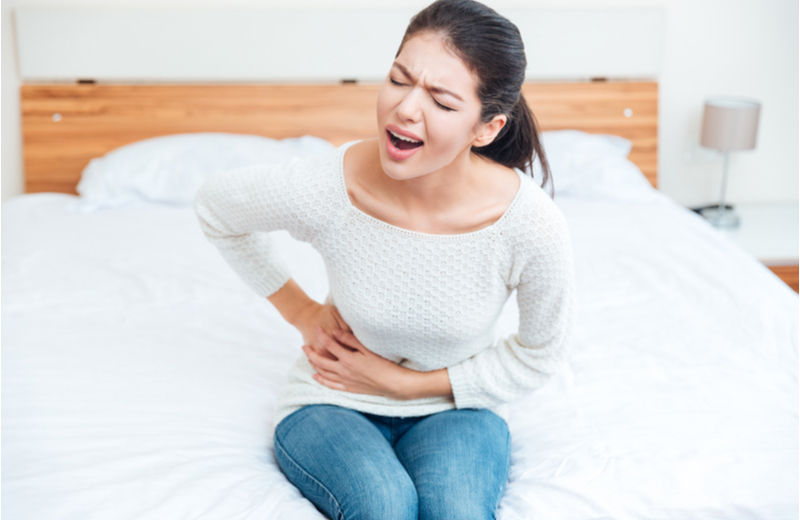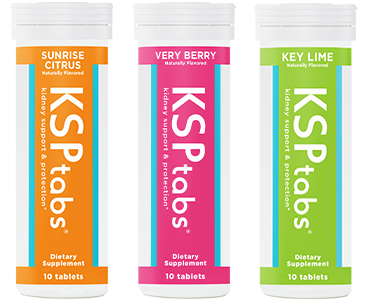
Kidney stones are known to be one of the most painful experiences anyone can go through. If you have had one, you know this to be true, and you would do anything you can to relieve that pain while it’s occurring, right? We have all heard the stories of women that claim the pain is worse than childbirth. It seems like a crazy comparison, but it’s true. Some of our customers have used the words debilitating, excruciating, and agonizing, to describe the pain they felt from kidney stones. We understand how painful passing kidney stones can be and want to give you some advice for relief. Although it may not feel like it as you are experiencing it, you will get through this, and we want to help you.
Hydratation
Drinking plenty of water not only decreases your chances of forming kidney stones, but it can also aid in the passing of them. The more you urinate, the better your chances are of passing your kidney stones. It’s safe to say hydration plays a huge role in the prevention and relief of kidney stone pain. You should aim to drink half your body weight in ounces of water, so if you weigh 160 pounds, you should be drinking 80 ounces of water daily. Be sure you always have access to water and are drinking it consistently throughout the day. We recommend keeping a reusable water bottle on you at all times! Also, celery, Brussels sprouts, cucumber, watermelon, and asparagus are all great foods to eat to help you pass kidney stones.
Medicine
Your doctor may recommend you take over-the-counter pain relievers during this time, such as ibuprofen or acetaminophen. He or she may also prescribe alpha-blockers to relax your ureter. This will make it easier for the stone to pass through your urinary tract. If you experience nausea, which is common, we recommend anti-nausea medication as well. All of these medications should help relieve some pain as you pass your kidney stones.
Procedures
If you are experiencing severe pain, nausea, vomiting, and fever, you need to seek medical attention immediately. This likely means your stone is too large to pass on its own. Below we will discuss several procedure options to have them removed.
- ESWL: The most common type is through an outpatient procedure called Extracorporeal Shock Wave Lithotripsy. This procedure uses shockwaves to break up the stone still in the kidney into small pieces that will allow it to pass through your urinary tract. While this treatment is non-invasive, you will need anesthesia. This all depends on the severity of your case. During and after this procedure, you will likely have a stent in place to help the stones pass.
- Ureteroscopy: This procedure is used for stones in the kidney and ureters. Your doctor will use a scope through your bladder to grab the stones. If the stone is too large, he or she will pass a laser through the scope to break them up. Your doctor may place a stent in your ureter to help urine drain, and you will go back to the doctor to have it removed in 4-10* (need days confirmed) days.
- Percutaneous Nephrolithotomy: This procedure is used as the last effort to remove your stones. Your surgeon will make a small cut in your back or side and place a thin scope into the hole. This procedure takes 25-45 minutes and requires a night or two in the hospital. This procedure also normally requires a stent for a few days*. (need days confirmed)
Although all of these procedures can successfully remove your stones, they can still be painful and will require some recovery. They also put your body at risk for infection, bleeding, and kidney damage.
Prevention
Once you have had a kidney stone once, your chances of going through this pain all over again increase by 75%. Unfortunately, those are not great odds. If you’re like most people, you will do anything to avoid going through that pain again. Thankfully there are ways to prevent forming another stone, and that’s where KSPtabs come in. KSPtabs is an over-the-counter solution to reoccurring stones. Most people who form kidney stones lack the needed elements in the body needed to prevent kidney stones. These elements are also known as stone inhibitors and include citrate, magnesium, and B6, which are all found in KSPtabs. Unfortunately, our bodies do not store these elements, so supplementing them is necessary for prevention. KSPtabs are best taken twice a day, once in the morning and once at night. Our goal is for you never to have to experience the pain of kidney stones again!
Start your kidney stone protection with a trial pack of 30 tablets. Head over to our online store today.

